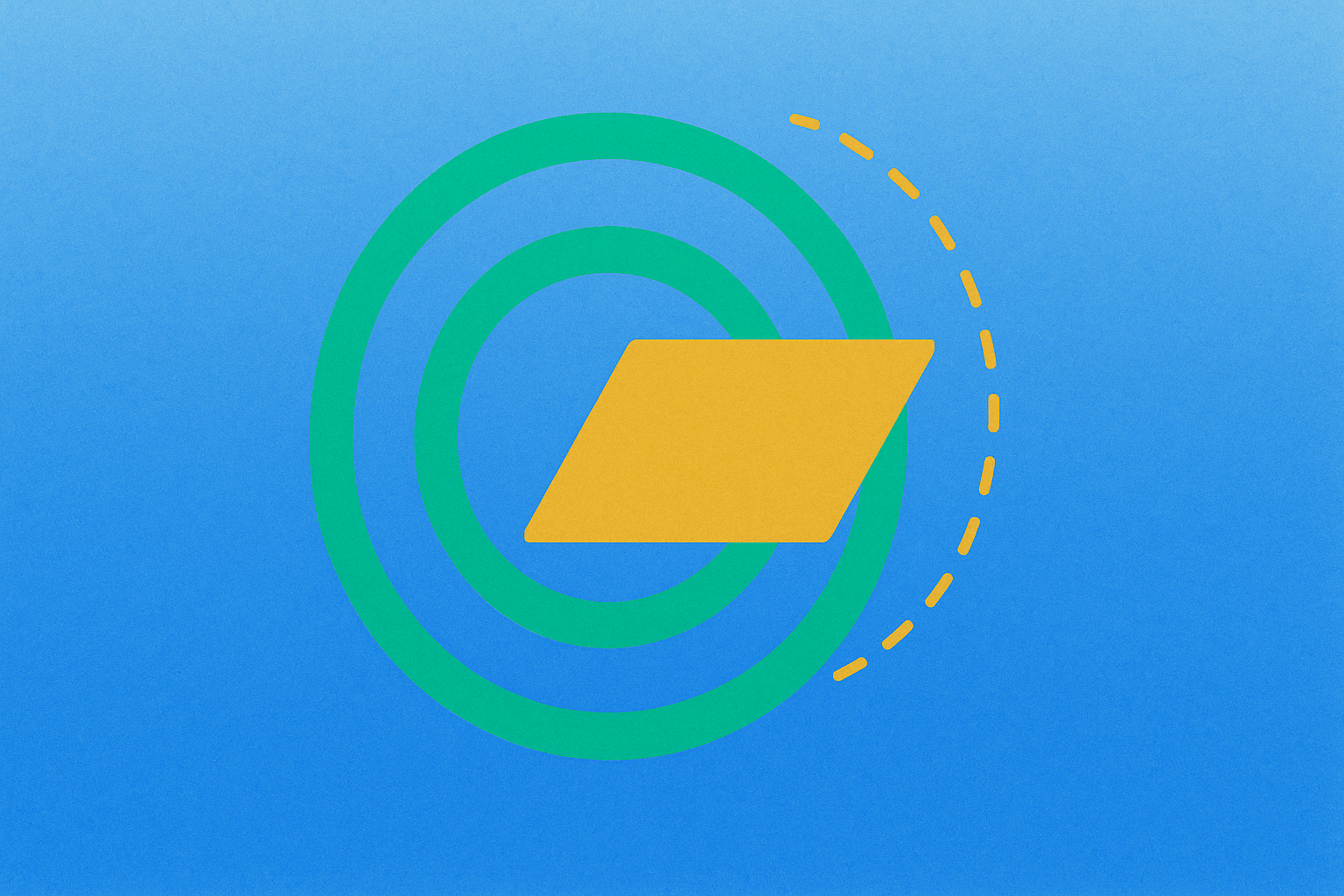Web3 cüzdan Yeni Başlayanlar Rehberi: Merkezi Olmayan Finansın Yeni Dünyasını Keşfetmek


Web3 cüzdan: Dijital varlıkların yeni bir çağını açmak
Web3 cüzdanları, dijital varlık yönetimi için temel bir araç haline geldi ve kullanıcılara kripto paraları ve diğer dijital varlıkları saklama, ticaret yapma ve yönetme konusunda güvenli ve pratik bir yol sağlıyor. Geleneksel cüzdanların aksine, Web3 cüzdanları sadece saklama araçları değil; aynı zamanda merkezi olmayan uygulamalar (DApps) ile Merkezi Olmayan Finans (DeFi) ekosistemi arasında önemli bir köprüdür. Bu cüzdanlar, blockchain teknolojisi aracılığıyla varlıkların merkeziyetsiz yönetimini sağlar ve kullanıcılara kendi varlıkları üzerinde tam kontrol verir. Web3 cüzdanlarının güvenliği, esas olarak özel anahtarların saklanmasına dayanır ve kullanıcıların özel anahtarlarını veya seed kelimelerini doğru bir şekilde korumaları gerekir, çünkü kaybolduğunda geri alınamazlar. Ayrıca, Web3 cüzdanları çok zincirli işlemleri destekleyerek kullanıcıların farklı blockchain ağları arasında sorunsuz bir şekilde geçiş yapmalarına olanak tanır ve varlık yönetiminin esnekliğini büyük ölçüde artırır. Kripto paralar ve blockchain teknolojisi gelişmeye devam ettikçe, Web3 cüzdanlarının işlevsellikleri de staking, kredi verme, NFT yönetimi ve daha fazlasını içerecek şekilde genişliyor ve kullanıcılara kapsamlı dijital varlık hizmetleri sunuyor.
En iyi Web3 cüzdanı seçin: güvenlik ve kolaylık arasında denge kurun.
Uygun bir Web3 cüzdanı seçmek, merkezi olmayan dünyaya atılan ilk ve en kritik adımdır. Güvenlik ve kullanım kolaylığı, bir Web3 cüzdanı seçerken dikkate alınması gereken iki ana faktördür. Güvenlik açısından, çoklu imza, donanım cüzdanı desteği ve düzenli güvenlik denetimleri değerlendirme kriterleridir. Kullanım kolaylığı, kullanıcı arayüzü dostluğu, çoklu zincir desteği ve mobil uyum ile kendini gösterir. Aşağıda birkaç yaygın Web3 cüzdanı türünün karşılaştırması bulunmaktadır:
| Cüzdan türü | Güvenlik | Kolaylık | Geçerli senaryolar |
|---|---|---|---|
| Donanım Cüzdanı | Çok Yüksek | Düşük | Büyük varlıkların uzun vadeli depolanması |
| Tarayıcı uzantısı Cüzdan | Orta | Yüksek | Günlük DApp etkileşimi |
| Mobil Cüzdan | Orta | son derece yüksek | İstediğiniz zaman, istediğiniz yerden çalışın |
| Web cüzdan | düşük | Orta | Başlangıç Deneyimi |
Bu temel özelliklerin yanı sıra, mükemmel bir Web3 cüzdanının güçlü bir DApp tarayıcı işlevine, çoklu ana akım kamu zincirlerini desteklemeye ve gerçek zamanlı piyasa verileri ile varlık yönetim araçları sunmaya da sahip olması gerekir. Çapraz zincir teknolojisinin gelişimi ile birlikte, çoklu zincir birlikte çalışabilirliğini destekleyen cüzdanların yeni bir trend haline geldiği ve kullanıcıların farklı blok zincirleri arasında varlıkları sorunsuz bir şekilde transfer etmelerini sağladığı dikkate değerdir; bu da kullanıcı deneyimini büyük ölçüde artırmaktadır.
Gate Web3 cüzdan: Hepsi bir arada Merkezi Olmayan Finans deneyimi
Gate Web3 cüzdan, yeni ortaya çıkan çok zincirli bir cüzdan olarak, kullanıcılara kapsamlı bir Merkezi Olmayan Finans deneyimi sunmaktadır. Sadece ana akım kamu zincirlerini desteklemekle kalmaz, böyleceEthereumBSC, Polygon vb., ayrıca token takasları, likidite madenciliği, çapraz zincir köprüleri ve daha fazlasını içeren çeşitli DeFi hizmetlerini entegre etmektedir. Gate Web3 cüzdanının öne çıkan özelliklerinden biri, kullanıcıların cüzdan içinde diğer platformlara geçiş yapmadan çeşitli merkezi olmayan uygulamalara doğrudan erişim sağlamasına olanak tanıyan yerleşik DApp tarayıcısıdır. Güvenlik açısından, Gate Web3 cüzdanı çok katmanlı şifreleme teknolojilerini kullanmakta ve donanım cüzdanı entegrasyonunu desteklemekte, kullanıcıların varlıkları için çok katmanlı koruma sunmaktadır. Ayrıca, Gate Web3 cüzdanı, kullanıcıların yatırım portföylerini daha iyi yönetmelerine ve optimize etmelerine yardımcı olmak için gerçek zamanlı piyasa verileri ve varlık analiz araçları sunmaktadır. Gate Web3 cüzdanının Gate borsasıyla sorunsuz entegrasyonunun, kullanıcıların CeFi'den Merkezi Olmayan Finans'a kapsamlı bir dijital varlık yönetim çözümü sunarak, kullanıcıların öğrenme maliyetlerini ve operasyonel engelleri önemli ölçüde azalttığını belirtmek gerekir.
Web3 cüzdan Gelişmiş: Merkezi Olmayan Uygulamaların Yeni Dünyasını Keşfetmek
Web3 ekosisteminin hızlı gelişimi ile, Web3 cüzdanlarının uygulama senaryoları basit varlık depolama ve transferinin çok ötesine geçti. Artık kullanıcılar, Web3 cüzdanları aracılığıyla çeşitli merkezi olmayan uygulamalara katılabilir ve DeFi hizmetlerinin zengin çeşitliliğini deneyimleyebilirler. Örneğin, kullanıcılar Web3 cüzdanlarını kullanarak merkezi olmayan borsa (DEX) üzerinde token takası yapabilir, ödül kazanmak için likidite madenciliğine katılabilir veya merkezi olmayan kredi verme platformlarında kredi işlemleri gerçekleştirebilirler. NFT (Değiştirilemez Token) pazarının yükselişi, aynı zamanda Web3 cüzdanları için yeni uygulama senaryoları getirdi ve kullanıcıların NFT koleksiyonlarını cüzdanları içinde doğrudan satın almasına, satmasına ve sergilemesine olanak tanıdı. Dahası, Web3 cüzdanları merkezi olmayan kimlik doğrulama, merkezi olmayan sosyal ağlar ve diğer alanlarda önemli bir rol oynamaktadır. DappRadar verilerine göre, Eylül 2025 itibarıyla aktif DApp kullanıcı sayısı 10 milyonu aşmış olup, kullanıcıların %80'inden fazlası DApp'lerle Web3 cüzdanları aracılığıyla etkileşimde bulunmaktadır. Bu veriler, Web3 cüzdanlarının merkezi olmayan uygulama ekosisteminin gelişimini teşvik etmedeki anahtar rolünü açıkça göstermektedir. Daha fazla yenilikçi uygulamanın ortaya çıkmasıyla, Web3 cüzdanları kullanıcılar ve merkezi olmayan dünya arasında kritik bir bağlantı olmaya devam edecek, kullanıcılara daha zengin ve daha rahat bir blockchain deneyimi sunacaktır.

Gate Cüzdan: 2025'te Web3 için Güvenli Çok Zincirli Çözüm

Spot Cüzdan Güvenliği: 2025 için Temel Özellikler ve Kullanım Kılavuzu

Web3 Cüzdan nedir? Yeni Başlayanlar için Kapsamlı Bir Rehber

En iyi Web3 cüzdan: 2025'te akıllı ve güvenli varlık yönetiminin yeni bir çağı

Web3 Cüzdan nedir? 2025'te Web3 Cüzdanlar için Kapsamlı Bir Rehber
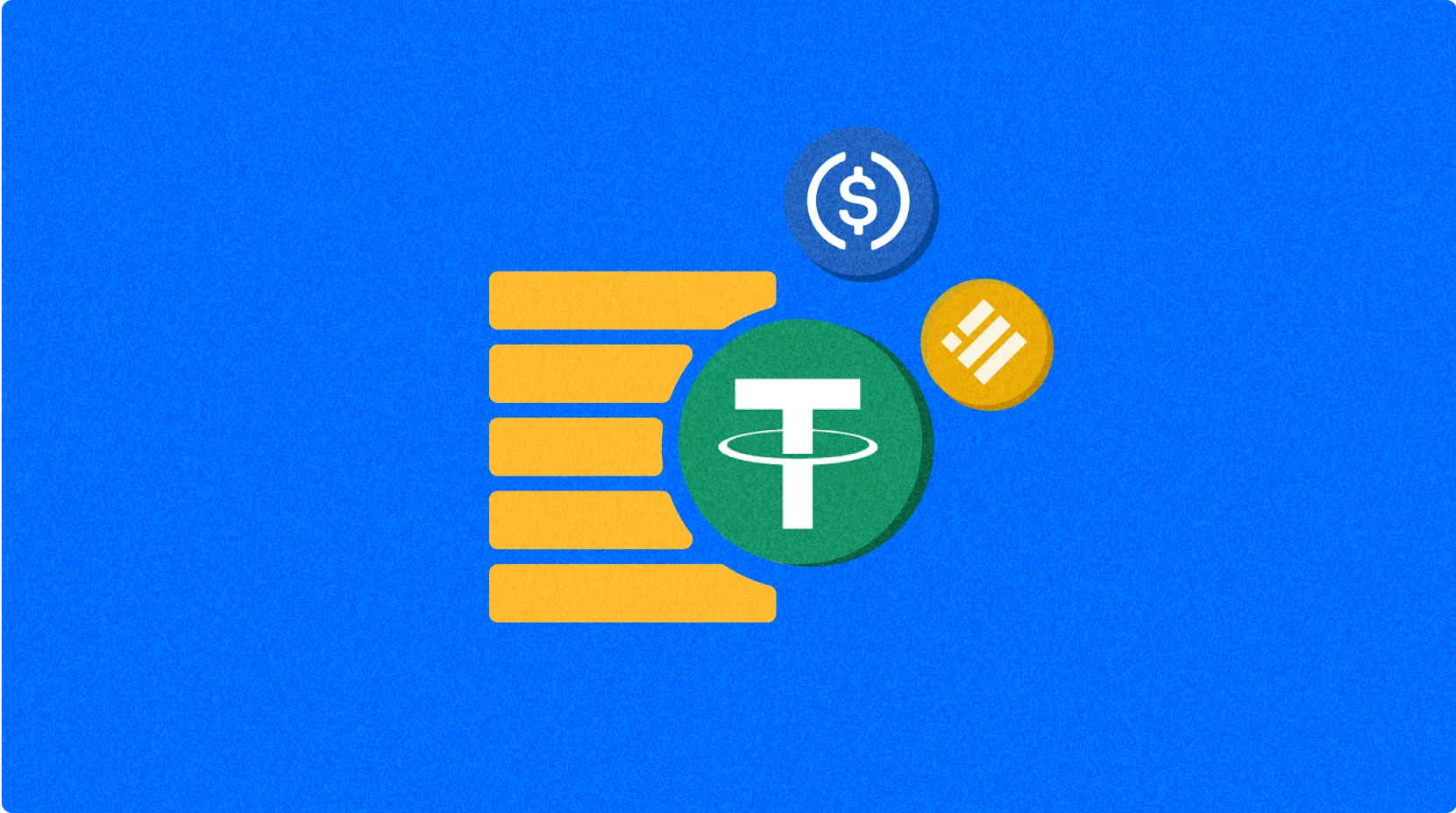
Web3 Cüzdanlarını Anlamak: Dijital Varlık Yönetiminin Geleceğine Kapsamlı Bir Rehber

SEI Airdrop Ödülleri’ne Katılım ve Talep Etme Kılavuzu

Kripto para birimlerinde algoritmik alım satım için etkili stratejiler
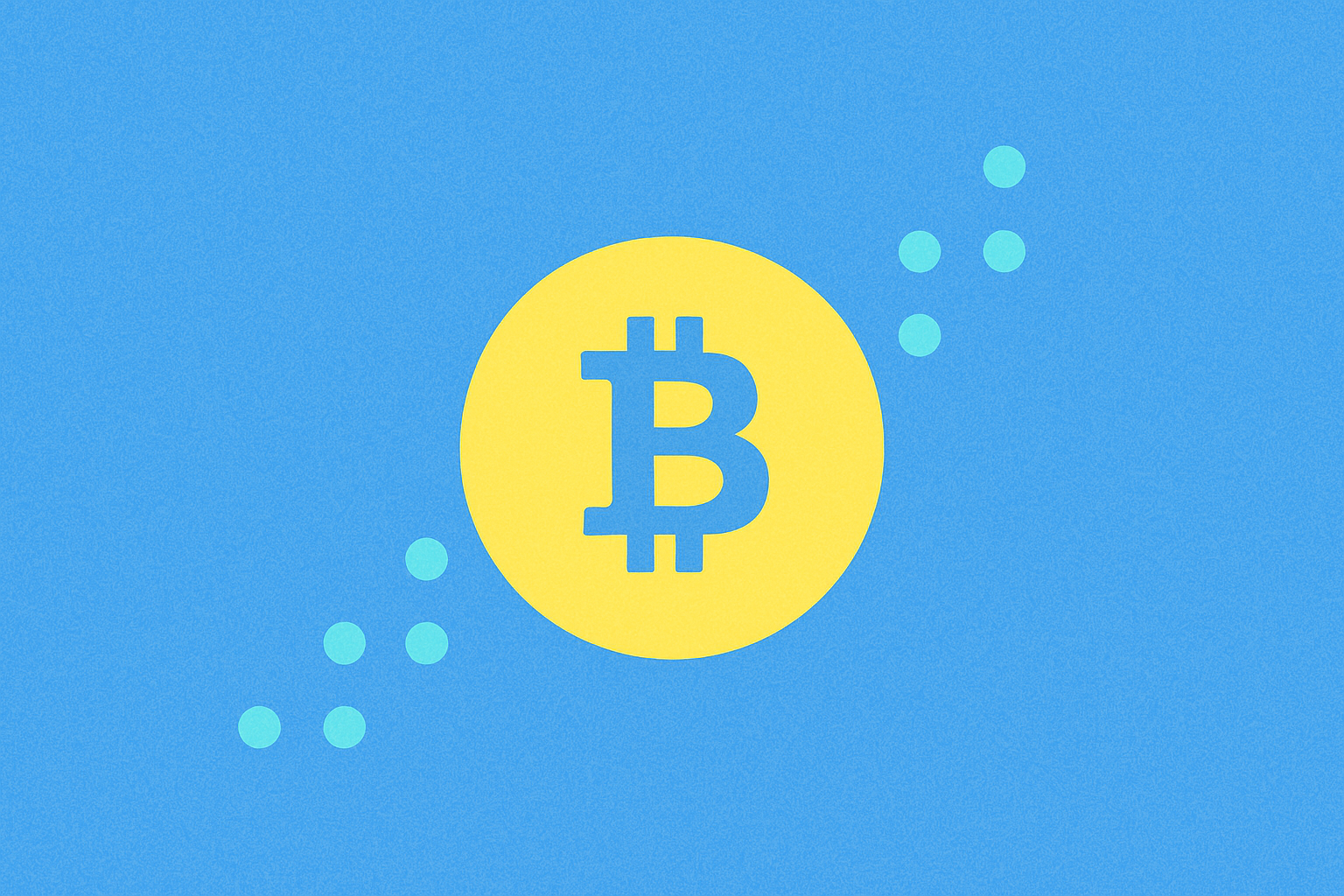
Stock-to-Flow Model ile Bitcoin'in Değerlemesini Anlamak
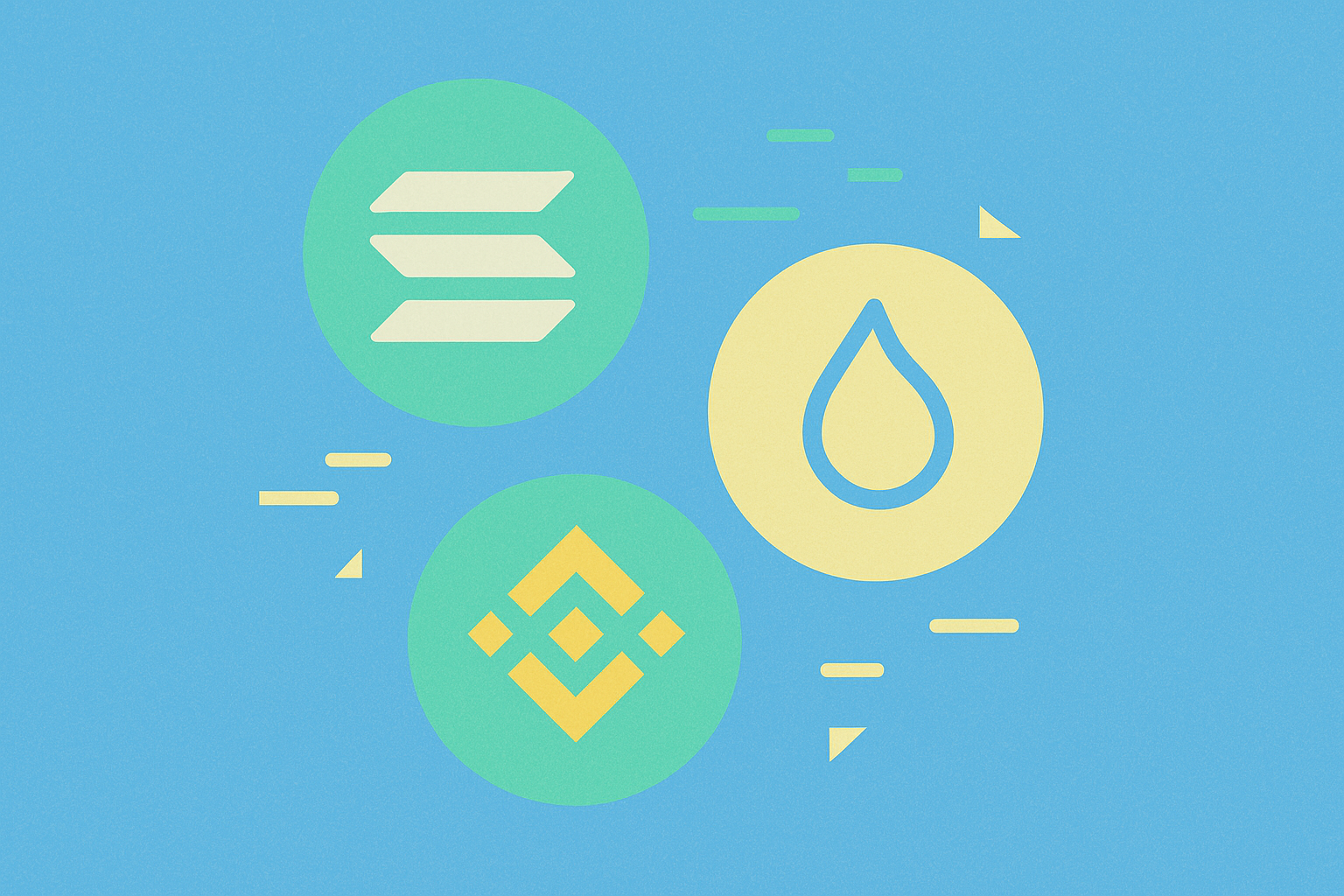
İşlem hızının blockchain verimliliğini nasıl etkilediğini anlamak
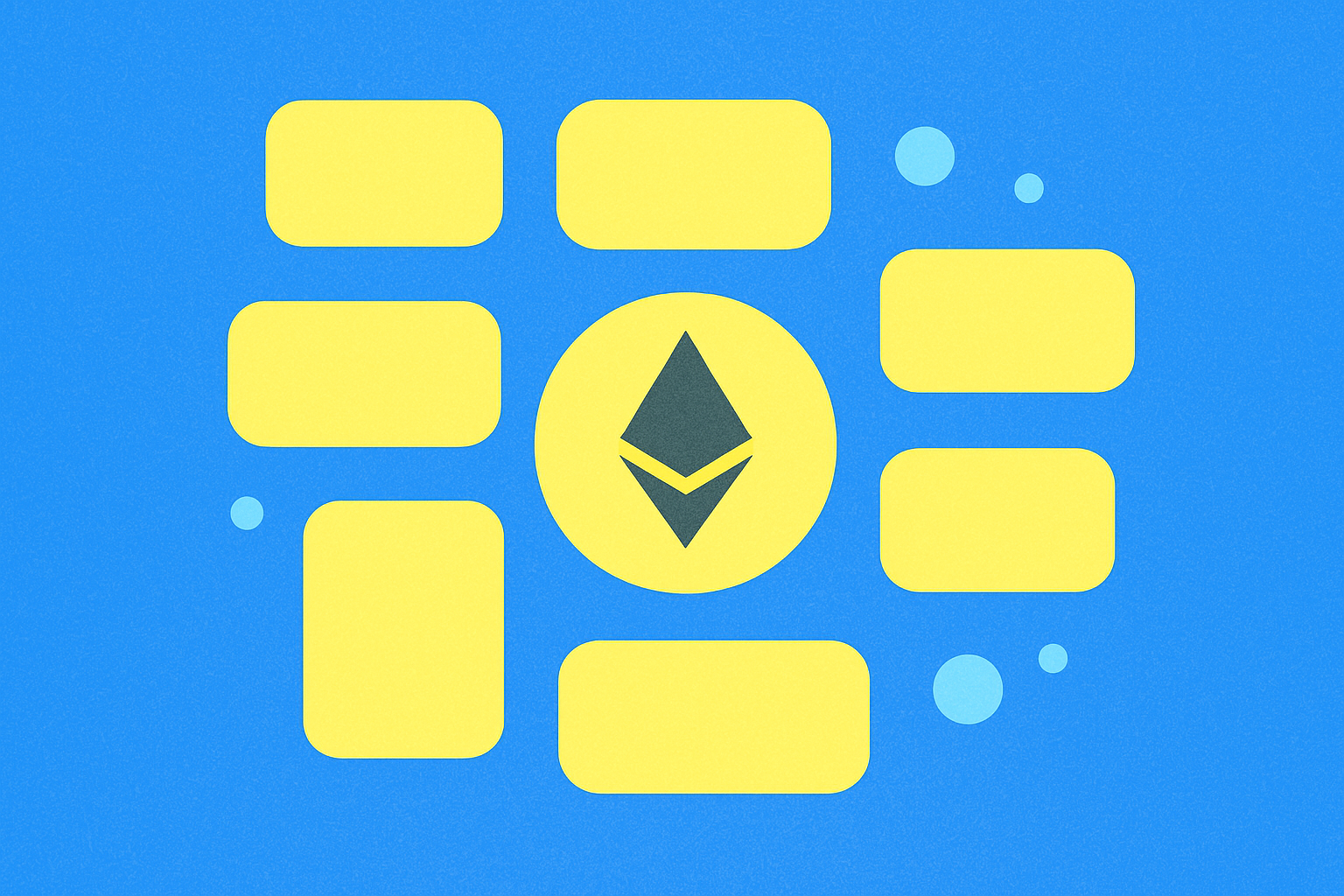
ENS Domainleri ile Web3 Kimlik Yönetimi
